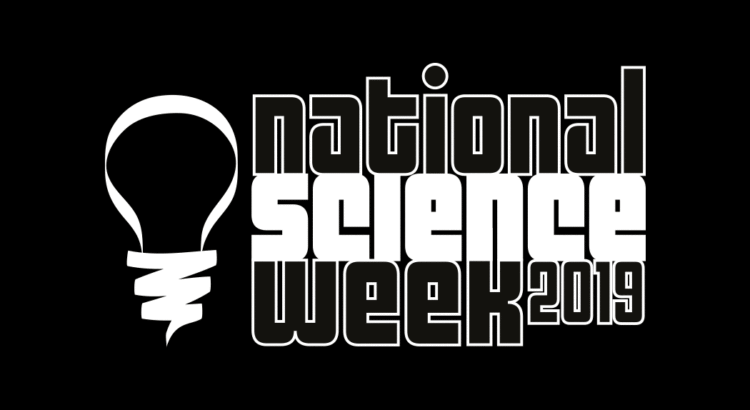
National Science Week 2019
National Science Week 2019, Australia’s annual celebration of science and technology, was held last week from the 10th to 18th of August.
There were over 1000 events happening around Australia to mark National Science Week in schools, libraries, museums and other places. Visit scienceweek.net.au for more information and to find events near you. The National Science Week website also has some great resources for parents and schools and plenty of ideas try out during science week or any other time. It is easy to get involved at home. Try out some simple science activities or experiments like planting seeds, investigating what happens when you mix oil and water or making Oobleck.
This year the National Science Week theme for schools is : Destination Moon: more missions, more science. 2019 marks the 50th anniversary of Neil Armstrong and Buzz Aldrin’s moonwalk. This theme encourages us to discover past missions to the moon and other space programs and to learn more about current and future space programs, operations and missions.
Exploring this year’s theme is a great opportunity to learn more about Space Missions and to incorporate Science with Literacy, Numeracy and other subjects. Here are some ideas to get you started:
- Do some research to find out about some past space missions and famous explorers. Do you know any Australian astronauts?
- Create a poster or presentation about your favourite space mission or astronaut.
- Put together a timeline about space exploration or about the life of a famous astronaut. If you have never made a timeline before, Learn Primary has some lessons to help you get started.
- Imagine that you are an astronaut. Write a story about your journey into space or a diary entry about life on a space shuttle.
- Learn more about the solar system. You could even create a piece of art based on the solar system.
- Read children’s books and stories about space and the moon. Some suggestions include: Margaret and the Moon by Dean Robbins and Lucy Knisley, The Darkest Dark by Chris Hadfield and How to Catch a Star by Oliver Jeffers.
We would love to hear how you are getting involved in National Science Week. Leave a comment below to let us know.




